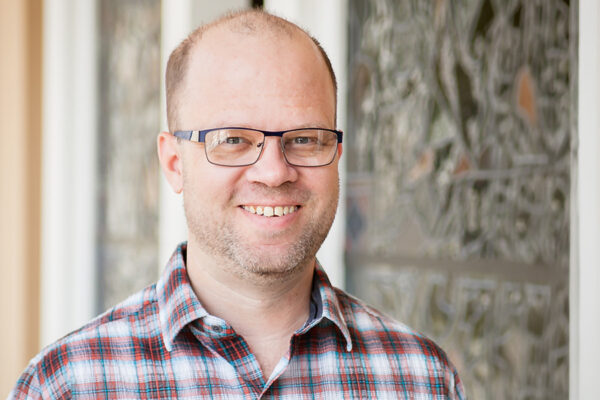Advent devotion: Bread and salt
There is a Slavic tradition of welcoming those arriving to one’s village by presenting them with bread and salt – in those ancient times, offering up salt was like handing over gold. This tradition of hospitality is not unique to Slavic cultures, of course. There are many cultures where hospitality, even to strangers, is seen as an obligation. When carried out, this obligation is often transformed into a gift.
The obligation pushes one to move beyond their comfort zone and to shift their perspective from seeing a faceless, anonymous group of “others.” It pushes one to invite people in who are not “like them,” who are not “from here,” and who bring their own baggage in with them. Sometimes the hospitality is simply to provide a place to sit and rest, and then directions to where you need to go next. Sometimes, it is much more, such as to share a meal.
Once the meal begins, and host and guest share stories and experiences, what started out as the fulfillment of an obligation has become a gift. The faceless stranger is now someone with a name and a face and a story, and someone who knows about our story.
Hospitality is a part of the Christmas story, too. While the innkeeper is often portrayed as being stingy, he provided the hospitality that was needed most by this couple and their soon-to-be-born babe. Rather than simply seeing these strangers as faceless, dangerous parts of a large influx of strangers in town for the census, he saw their individual, specific need, understood his obligation of hospitality, and offered to them the last space he had available.
As I ponder current events and the charged discussions on how to handle “those refugees” and the demands from many to shut the doors because we do not know “them,” it seems to me that we have much to learn from the innkeeper. For in adhering to the tradition of hospitality we acknowledge the “other’s” humanity, and, in so doing, their common bonds with us. It is only then that we understand that the “other” is not someone to fear, but someone we need and someone who needs us.
John Vaaler is a controller at John Deere. He lives in Bettendorf with his wife, Angie, and two daughters, Maria and Emma.




